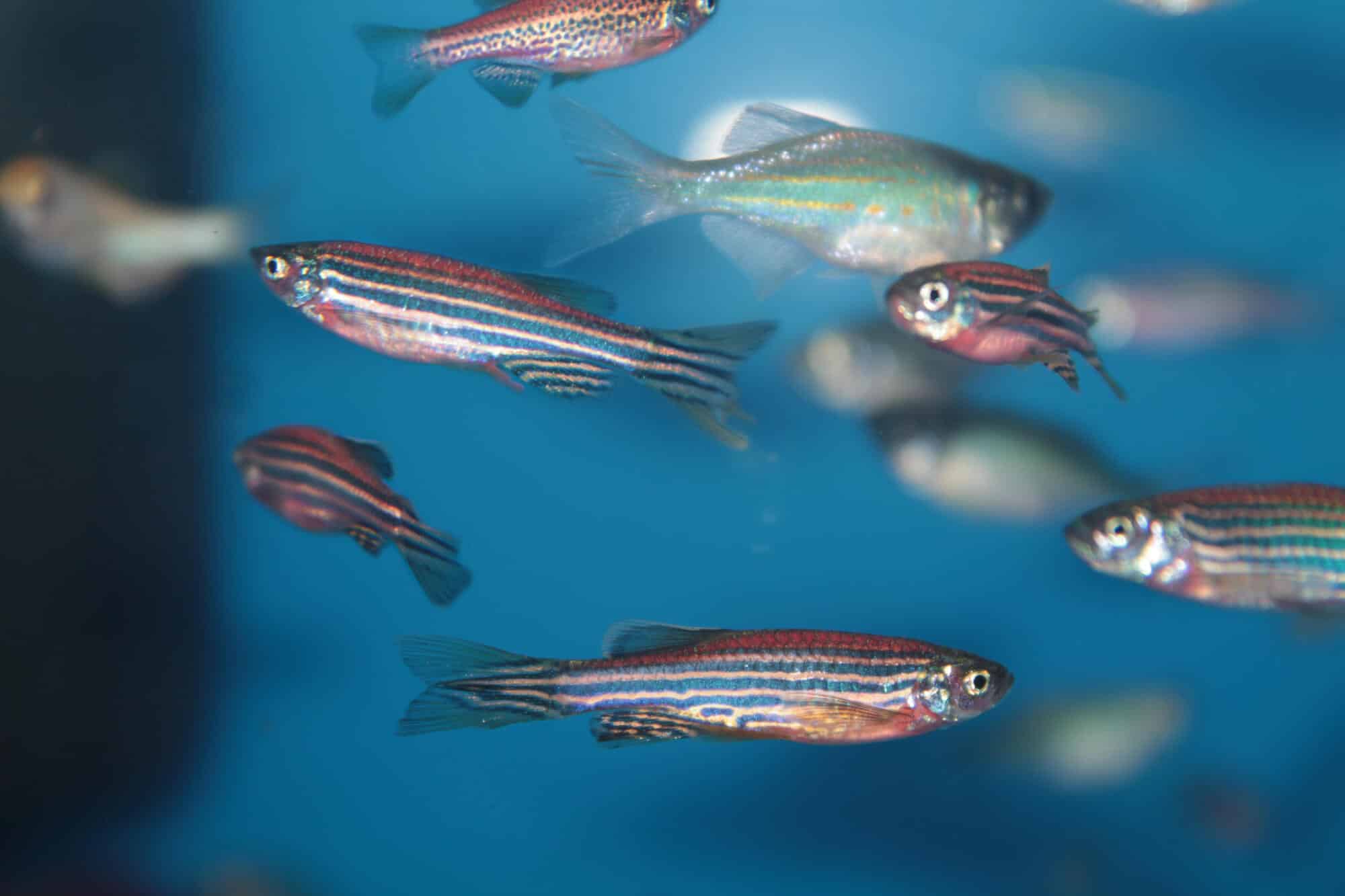The alarms last September from Brazil’s Lago de Tefé first reached Fernando Trujillo by phone—his colleagues, fellow scientists, calling him in a panic. The brutal 2023 summer had been heating the Amazonia lake to temperatures far beyond anything previously recorded, and as they had feared, something was now happening to the pink river dolphins. “Three dead dolphins,” Trujillo remembers. “Then five dead dolphins. Then 70 dead, in one day.”
(Understanding the Amazon’s aquatic health through river dolphins.)
For Trujillo, a Colombian marine biologist and National Geographic Explorer who’s become a global advocate for river dolphins, the Tefé disaster must be understood as both a tragedy and a much needed lesson in the vulnerability of these freshwater ambassadors. Over just a few days, 157 dolphins—10 percent of the lake’s population—died in that overheated water, which pushed above 102°F. The exact cause was still under investigation two months later, but heat stress seemed the likeliest explanation. Trujillo says the sudden attention to the mass deaths may help people grasp other threats—habitat loss, poisoned waters, overfishing, outright slaughter—that imperil river dolphins in all 14 countries where they’re found.
He’s been at the work ever since he was a university student and the venerated oceanographer Jacques Cousteau visited his class. (“I asked him what would be important to study. And he said: ‘Dauphins.’ Dolphins. It was kind of like an order.”) Part of the National Geographic and Rolex Perpetual Planet Amazon Expedition, a series of scientific research projects spanning the Amazon River Basin, Trujillo is also helping coordinate international conservation commitments like the Global Declaration for River Dolphins. “And the main point is, it’s not just about the dolphins,” he says. “It’s about the rivers, and the 1.5 billion people living there. The dolphins, for me, are connecting the general public to all the problems in the region. And the general public is listening.”
This article was supported by Rolex, which is partnering with the National Geographic Society on science-based expeditions to explore, study, and document change in the planet’s unique regions.
This story appears in the February 2024 issue of National Geographic magazine.
Note: This article have been indexed to our site. We do not claim legitimacy, ownership or copyright of any of the content above. To see the article at original source Click Here













